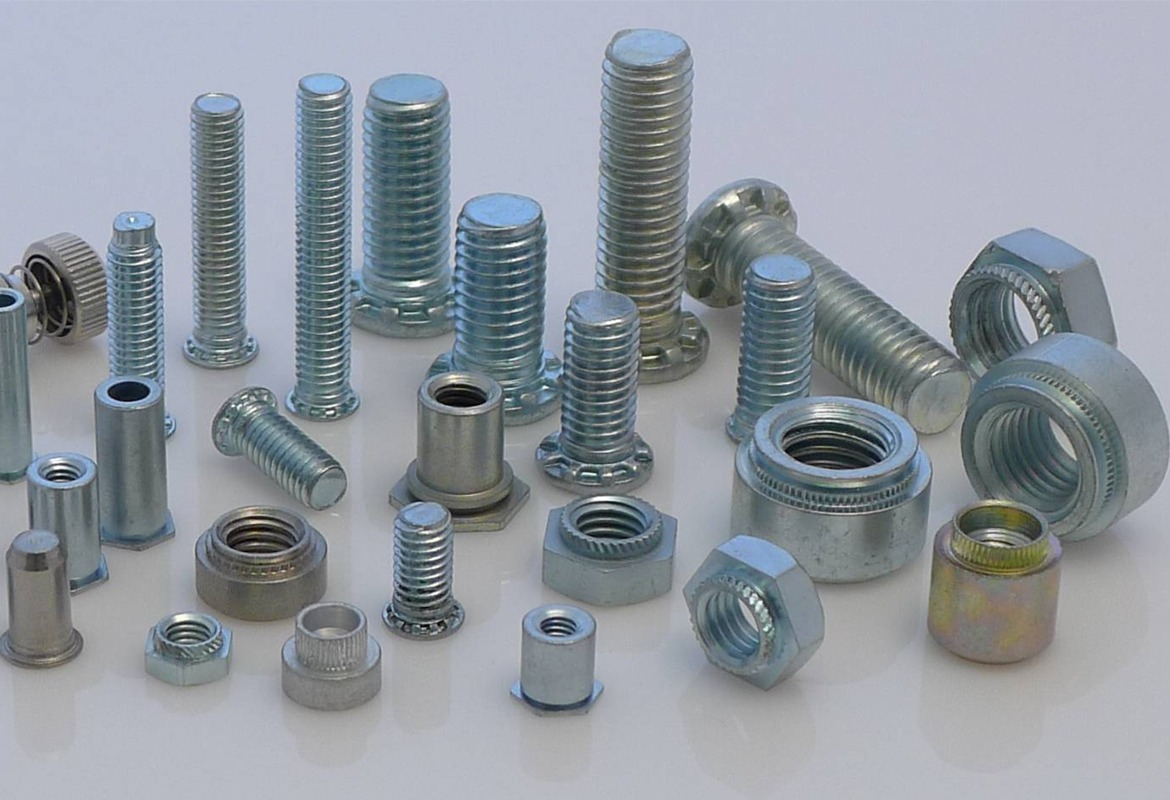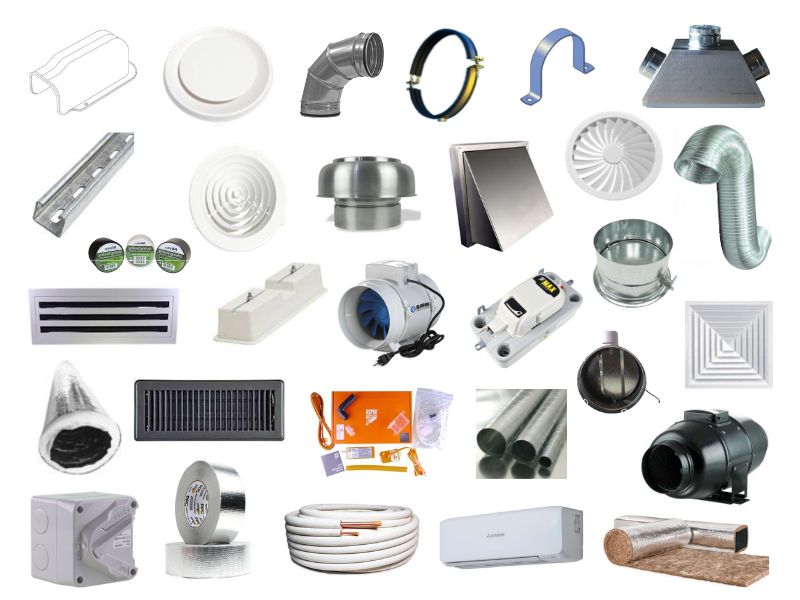Blogs
Everything You Need to Know About Stainless Steel 304 Pipes & Tubes
Stainless steel is one of the most versatile materials used across industries—from construction and chemical processing to food production and water treatment. Among the various grades, Stainless Steel 304 stands out as a workhorse alloy, widely chosen for its excellent corrosion resistance, durability, and affordability. In this blog, we'll dive into the features, benefits, applications, and manufacturing details of Stainless Steel 304 Pipes & Tubes.
What is Stainless Steel 304?
Stainless Steel 304 is an austenitic grade of stainless steel, containing approximately:
18% chromium
8% nickel
This composition makes it highly resistant to oxidation and corrosion in a wide variety of environments. It's also non-magnetic in the annealed condition and has excellent formability and weldability.
Key Features of SS 304 Pipes & Tubes
Corrosion Resistance
SS 304 performs well in a range of atmospheric environments and many co
Top Industrial Uses of Super Duplex S32760 Pipes & Tubes
In modern industries where extreme environments are the norm, materials must meet rigorous standards for strength, corrosion resistance, and durability. Super Duplex S32760 Pipes & Tubes, also known as UNS S32760, are engineered for precisely these conditions. With superior performance under high stress and in highly corrosive environments, these pipes and tubes have become indispensable in several critical sectors.
In this blog, we’ll explore the key uses and applications of Super Duplex S32760 pipes and tubes across various industries.
Overview of Super Duplex S32760
Super Duplex S32760 is a highly alloyed duplex stainless steel that combines high mechanical strength with excellent resistance to chloride-induced corrosion. Its microstructure contains a balanced mix of austenite and ferrite phases, which contributes to its outstanding performance.
Key Attributes:
High chromium (~25%), molybdenum (~3.5%), and tungsten (~0.7%)
Stainless Steel 316 Pipes & Tubes: The Ideal Choice for Corrosion Resistance and Durability
When it comes to industrial piping and tubing, selecting the right material is critical for ensuring long-term performance, safety, and cost-efficiency. Among the wide array of options available, Stainless Steel 316 Pipes & Tubes stand out as a preferred choice across various industries, thanks to their superior corrosion resistance, mechanical properties, and versatility.
What is Stainless Steel 316?
Stainless Steel 316 is an austenitic chromium-nickel stainless steel alloy with the addition of molybdenum (usually around 2-3%). This added molybdenum dramatically enhances the alloy’s corrosion resistance, particularly against chlorides and other industrial solvents.
Key Chemical Composition:
Chromium: 16–18%
Nickel: 10–14%
Molybdenum: 2–3%
Carbon: Max 0.08%
Manganese, Phosphorus, Sulfur, Silicon, Nitrogen: in trace amounts
Why Choose 316 Stainless Steel Pipes & Tubes?
Here are some key ad
The Power of Stainless Steel 316 Pipes & Tubes: A Comprehensive GuideWhen it comes to materials that offer both durability and resistance to extreme environments, Stainless Steel 316 is a top contender. Used across various industries, Stainless Steel 316 pipes and tubes stand out due to their superior performance in harsh conditions, including high temperatures and exposure to corrosive environments. From construction and chemical processing to marine and food industries, SS 316 is trusted for its longevity and reliability.
In this blog post, we’ll explore everything you need to know about Stainless Steel 316 pipes and tubes, why they are essential for modern industry, and how they differ from other materials.
What Is Stainless Steel 316?
Stainless Steel 316 is a corrosion-resistant alloy that is a part of the 300 series of stainless steels. It is specifically engineered with an alloy mixture that includes chromium, nickel, and molybdenum. The addition of molybdenum (usually around 2
Monel Alloy K500 Flanges: Superior Corrosion Resistance and Durability for Demanding Environments
In industries where harsh environmental conditions, such as corrosive substances, high pressures, and extreme temperatures, are the norm, having reliable materials for piping systems is essential. One material that stands out for its incredible strength and resistance to corrosion is Monel Alloy K500. Used extensively in industries such as marine, chemical processing, and oil and gas, Monel K500 flanges provide a long-lasting and effective solution for creating secure, leak-free connections in systems under demanding conditions.
In this blog, we will explore the properties of Monel Alloy K500 flanges, their benefits, applications, and how to select the right Monel K500 flange for your needs.
What is Monel Alloy K500?
Monel Alloy K500 is a high-strength, corrosion-resistant nickel-copper alloy primarily composed of nickel (63-70%), copper (27-33%), and small amounts of aluminum (2.3-3.1%)
When it comes to high-performance applications that require materials with exceptional resistance to corrosion, heat, and chemicals, Nickel Alloy 201 bolts stand out as a reliable and robust solution. These bolts are a critical part of many industries, including chemical processing, marine engineering, and power generation. In this blog post, we’ll explore the properties, applications, and advantages of Nickel Alloy 201 bolts, and why they are often the go-to choice for specific applications.
What is Nickel Alloy 201?
Nickel Alloy 201, often referred to as UNS N02201, is a high-purity, low-carbon version of Nickel Alloy 200. It is a solid solution alloy, composed primarily of nickel (about 99%) with small amounts of carbon, manganese, and silicon. It retains many of the properties of Nickel 200 but is specifically designed for applications that require increased resistance to corrosion in reducing environments.
One of the main characteristics of Nickel Alloy 201 is its excellent mech
 Agriculture & Food
Agriculture & Food
 Business Services
Business Services
 Electronics, IT and Telecoms
Electronics, IT and Telecoms
 Leisure & Tourism
Leisure & Tourism
 Minerals
Minerals
 Textiles, Clothing, Leather,
Textiles, Clothing, Leather,
 Transport & Logistics
Transport & Logistics










